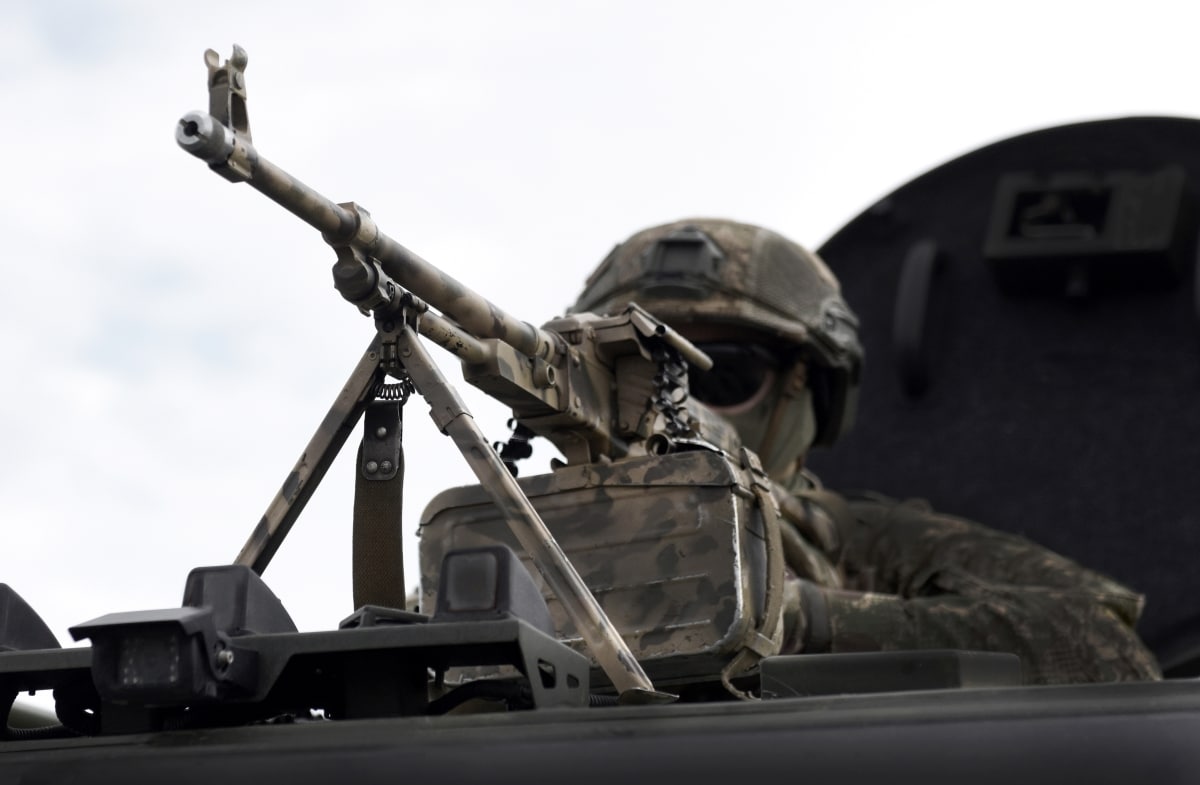With the combined counterterrorism force missing international funding and regional coordination, the Sahel region of Africa is at increased risk from violent extremism, which could expand to West African coastline nations.
The Sahel region in Africa has become a hub for violent extremism, but the joint counterterrorism force established in 2014 to combat these groups has failed to prevent their expansion. Without increased international support and regional cooperation, the instability is likely to spread to West African coastal countries. The force, consisting of Burkina Faso, Chad, Mauritania, and Niger, lost Mali as a member when the ruling junta decided to withdraw. The force has not conducted major military operations since January and is adjusting to new realities, including France moving its counterterrorism force from Mali to Niger and the presence of Russian mercenaries in Mali. UN Assistant Secretary-General Martha Pobee criticized the lack of consensus among donors and partners, which has resulted in insufficient funding and support for the joint force. The UN’s agreement to provide assistance to the force is expected to end in June, raising concerns about its future financing. African security experts have warned about the increasing threat of the Islamic State group in Africa, with the Lake Chad Basin and Sahel regions being particularly affected. Pobee cautioned that without significant progress in the fight against terrorism, the security situation in the Sahel will continue to deteriorate and potentially affect coastal West African countries. The US expressed concern over the crises in the Sahel, highlighting governance failures as the primary cause. The US called for regional efforts to combat terrorism, criminal networks, and climate change and offered support to Burkina Faso, Chad, and Mali in their transition to democratically elected civilian governments.






